Yes, you can use coffee creamer instead of milk. While it’s commonly associated with enhancing the flavor of coffee, coffee creamer can also be utilized in various dishes and recipes to elevate their taste and texture.
Let’s take a look at some examples of where you can replace milk with some delicious coffee creamer!
Creamy Beverages
Coffee creamer is a natural choice for enhancing the flavor and creaminess of hot beverages beyond coffee.
Here are a few delightful options:
1) Tea Latte: Brew your favorite tea and replace the milk with coffee creamer. The creamer’s rich and velvety consistency adds a luscious touch to teas like chai, matcha, or Earl Grey.
2) Hot Chocolate: Elevate your hot chocolate by substituting milk with coffee creamer. The creamer adds a smooth and indulgent texture, enhancing the overall decadence of the beverage.

3) Milkshakes and Smoothies: When making milkshakes or smoothies, swap out the milk for coffee creamer to create a thicker and creamier consistency.
Try flavors like vanilla, caramel, or hazelnut for a delicious twist.
Baked Goods
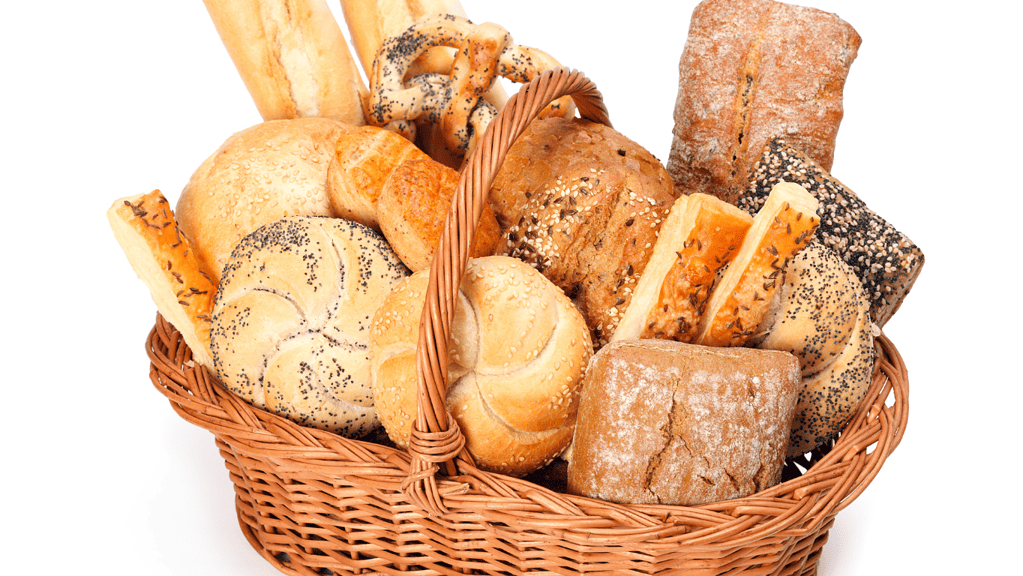
Coffee creamer can bring a delightful creaminess and flavor to baked goods.
Consider these options:
a) Pancakes and Waffles: Replace milk with coffee creamer in your pancake and waffle batter. The creamer adds a subtle sweetness and a velvety texture, resulting in light and fluffy breakfast treats.
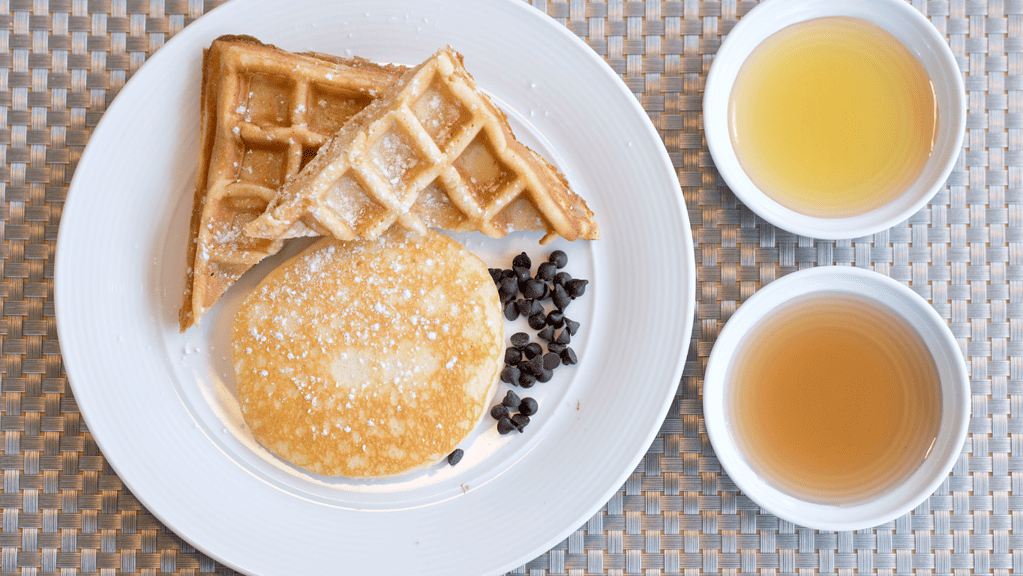
b) Cakes and Cupcakes: Use coffee creamer instead of milk in cake and cupcake recipes to achieve a moist and tender crumb.
Experiment with different flavors like French vanilla, Irish cream, or coconut cream to add an extra dimension of taste.
c) Frostings and Glazes: Coffee creamer can be used as a substitute for milk in frostings and glazes.
The creamer’s rich consistency and diverse flavors bring a unique twist to classic frostings like buttercream, cream cheese, or chocolate ganache.

Creamy Sauces and Soups
The velvety nature of coffee creamer lends itself well to creating luscious sauces and soups.
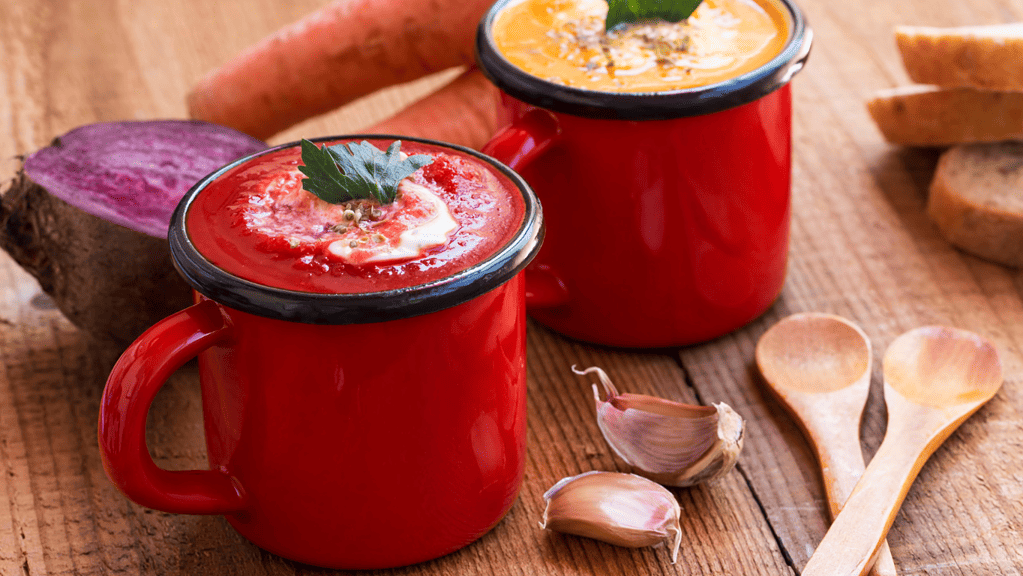
Here are a few suggestions:
a) Pasta Sauces: Replace milk or cream with coffee creamer in pasta sauces like Alfredo or carbonara for a luxurious and creamy texture.
The creamer’s various flavors can add an unexpected element to your dish.
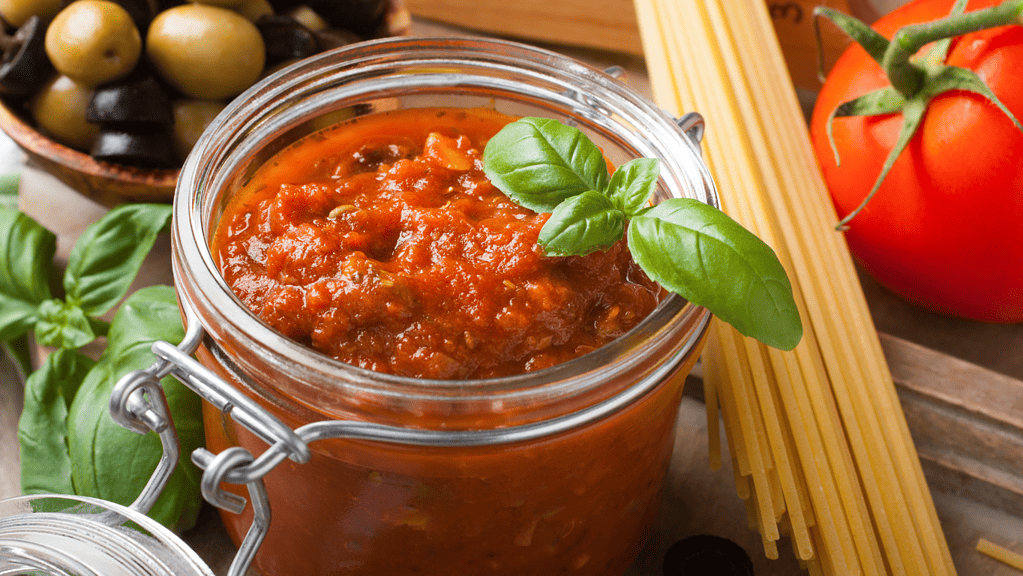
b) Creamy Soups: When preparing creamy soups such as tomato bisque or butternut squash soup, substitute milk with coffee creamer to achieve a silky-smooth consistency.
The creamer’s flavors can complement the soup’s base and add complexity to the overall taste.
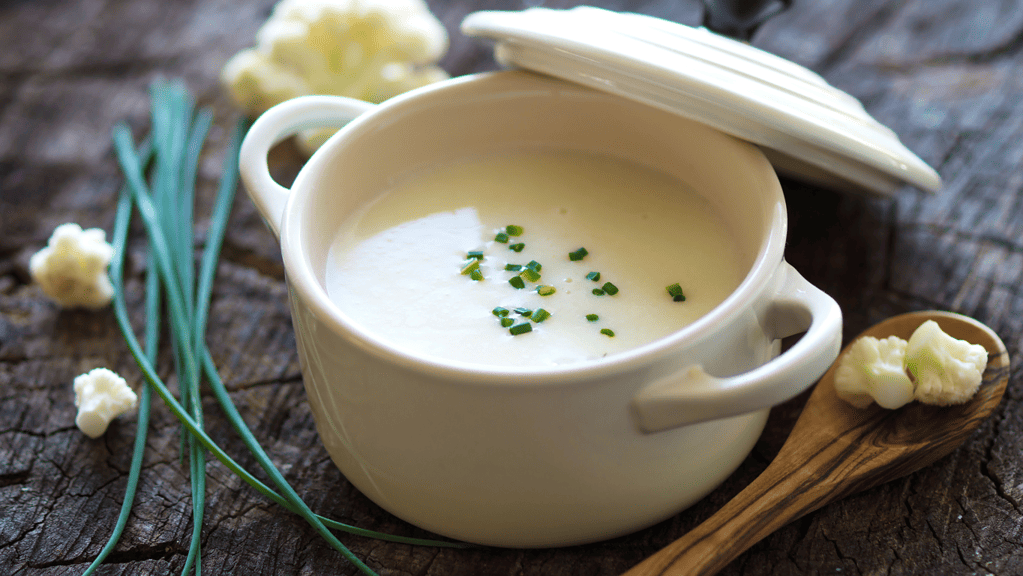
Savory Dishes
Coffee creamer can be a surprising addition to certain savory dishes, enriching their flavors and textures:
a) Mashed Potatoes: Instead of using milk or cream, incorporate coffee creamer into your mashed potatoes. The creamer adds a subtle sweetness and creaminess, resulting in an indulgent side dish.
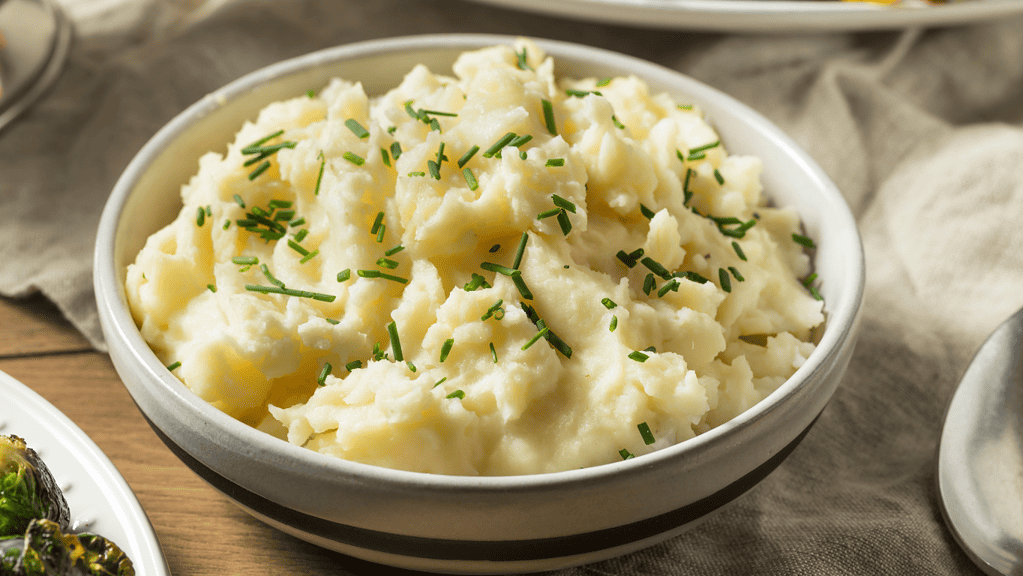
b) Creamy Pasta Dishes: When preparing dishes like fettuccine Alfredo or macaroni and cheese, substitute milk or cream with coffee creamer.
The creamer’s flavors can enhance the richness of the dish, creating a satisfying and comforting meal.
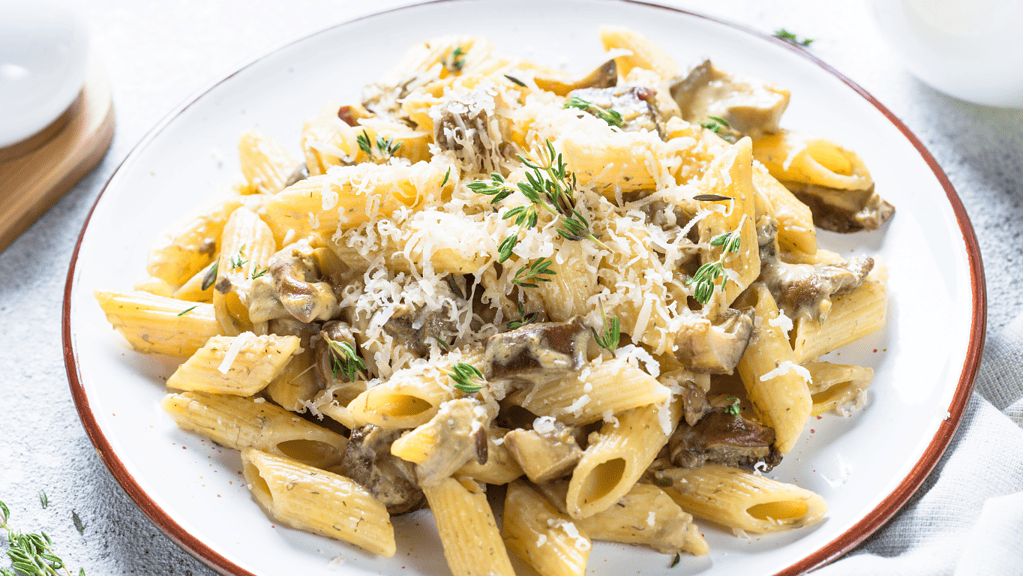
c) Creamy Curries: Coffee creamer can be used in creamy curries, such as tikka masala or Thai green curry.
The creamer adds a velvety texture and enhances the richness of the sauce, providing a delightful balance of flavors.

Coffee Creamer vs Milk
As a coffee lover, I have always wondered about the differences between using milk and coffee creamer in my coffee.
Here are some factors to consider:
Nutritional Differences
When it comes to nutrition, milk is the clear winner. It contains essential minerals like calcium, vitamins like vitamin D, and is a good source of protein.
On the other hand, coffee creamer is often high in fat and calories, and some varieties may contain added sugar.

Non-dairy creamers are often made with vegetable oils and may not have the same nutritional benefits as milk.
Taste and Texture Differences
Milk has a distinct flavor that can enhance the taste of coffee. It also has a creamy texture that can add richness to the drink.
Coffee creamer, on the other hand, comes in a variety of flavors that can add sweetness or other tastes to the coffee. It also has a creamier texture than non-dairy milk alternatives.
When it comes to fat content, milk has varying levels depending on the type. Skim milk and 1% milk are low-fat options, while half and half and heavy cream are high-fat options.
Coffee creamer also comes in a variety of fat levels, including low-fat and fat-free options.

For those who are lactose intolerant or have a dairy allergy, non-dairy creamers are a good alternative.
These creamers are often made with almond milk, coconut milk, or other non-dairy milk alternatives.
They may not have the same nutritional benefits as milk, but they are a good option for those who cannot consume dairy products.
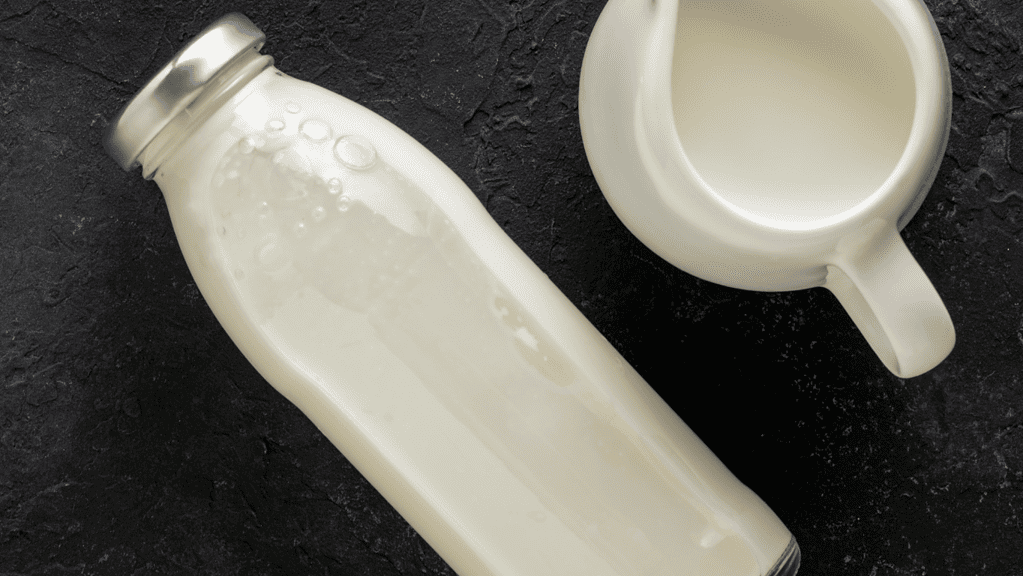
Frequently Asked Questions
How much coffee creamer to use to make a cup of milk?
It depends on the brand and type of coffee creamer you are using. Generally, you can use 1 tablespoon of coffee creamer per 1 cup of milk.
However, it’s always best to check the label for specific instructions.
Can coffee creamer be used instead of milk in cereal?
Yes, you can use coffee creamer in place of milk in cereal. Simply pour your desired amount of coffee creamer over your cereal and enjoy.
How to make milk with powdered coffee creamer?
To make milk with powdered coffee creamer, mix 1 tablespoon of powdered creamer with 1 cup of water. Stir until the creamer is dissolved and the mixture is smooth.
This will give you a cup of milk substitute that you can use in recipes or enjoy on its own.
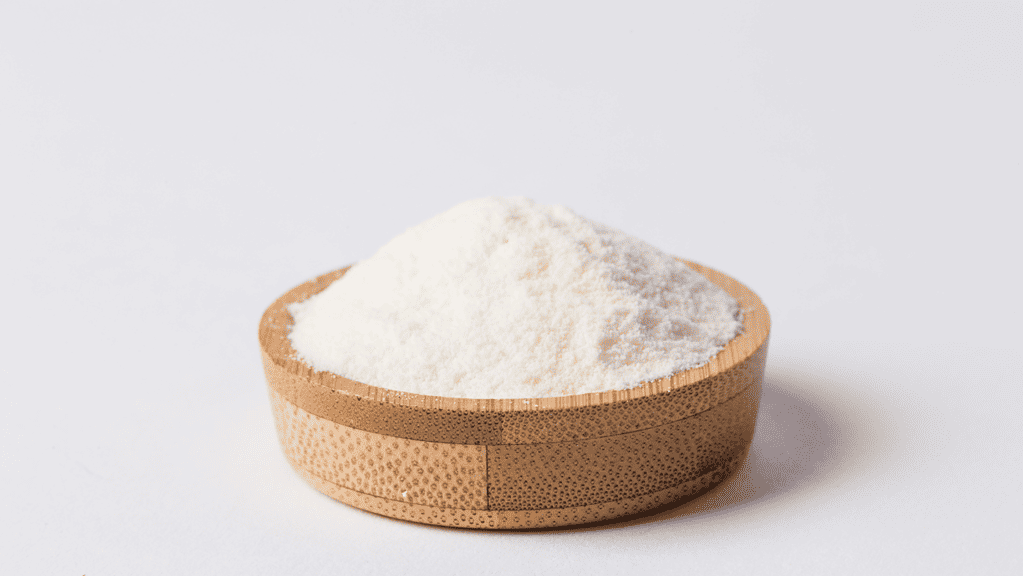
Can creamer be used instead of milk for a latte?
Yes, you can use creamer instead of milk for a latte.
Just add your desired amount of creamer to your espresso shot and froth it together to create a latte-like drink.
Can powdered coffee creamer be used instead of milk?
Yes, powdered coffee creamer can be used instead of milk. Mix the powder with water to create a milk substitute that you can use in recipes or enjoy on its own.
Can coffee creamer be substituted for milk in frosting?
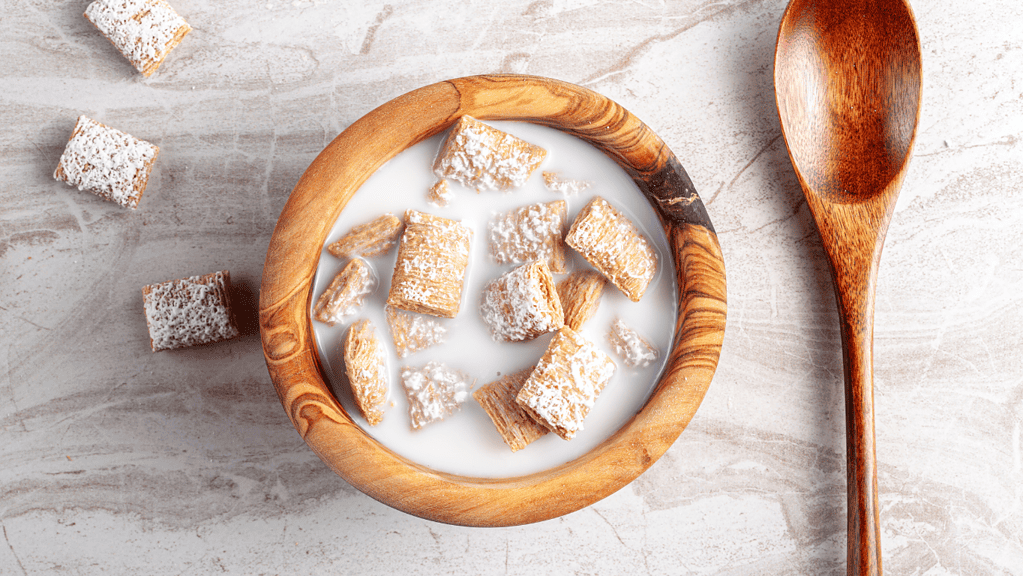
Yes, coffee creamer can be substituted for milk in frosting. I recommend using the same amount of coffee creamer as you would milk in your frosting recipe.
Keep in mind that flavored creamers may affect the taste of your frosting, so choose a flavor that complements your recipe.







